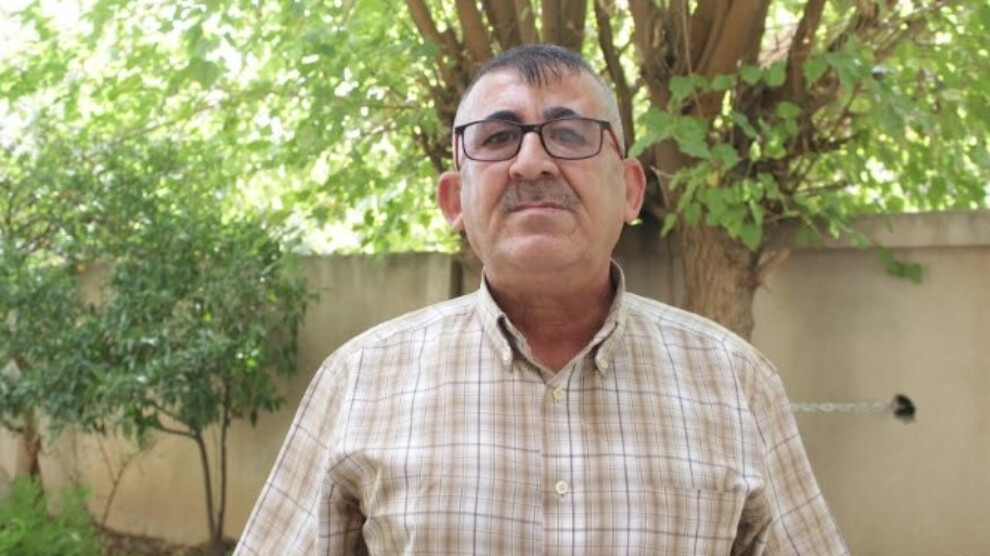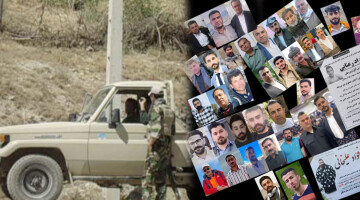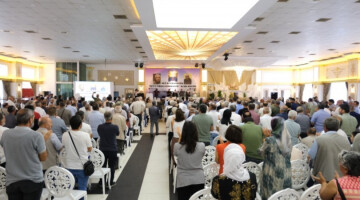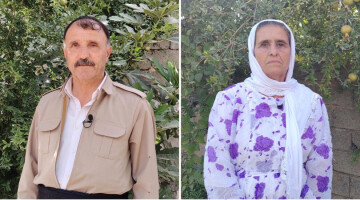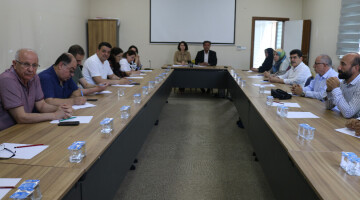Derin (retired, former peshmerga) Abdullah Çalak spoke to Rojnews about the history of the KDP's betrayals, citing the 31 August 1996 incident when the KDP attacked PUK in Hewler (Erbil) in cooperation with the Saddam regime.
The former peshmerga pointed to the crimes committed against the Kurdish people in South Kurdistan, saying, “Since the Kurdish parties in South Kurdistan are based on tribes, there have always been conflicts among them. They got to the point of destroying and betraying each other.”
“When we look at the history of the Barzani family, we see that they were asked to return to South Kurdistan and start activities for Kurdistan after the ashbetal (non-resistance) in 1975, but they did not return and said that ‘we lost faith in the revolution’. The KDP has always sided with the invaders and used it as a weapon against their opponents,” the former peshmerga said.
Çalak remarked that apart from being the planner and coordinator of the August 31 betrayal, the KDP was even proud of it: “The KDP is proud of the August 31 betrayal. For them, this was a major success. The Kurdish nation is not important to them, and these corrupt politicians are under pressure from international and self-interested countries.”
Çalak also talked about the crimes committed by the KDP against other Kurdish movements, stating, “The KDP captured and killed numerous people. 70 PKK guerrillas were martyred. They even killed members of Iraqi and Turkmen groups. But the real problem is that no national congress has been held so far to condemn the Kurdish parties' support for betrayals. The KDP's betrayals continue to this date. The KDP is ready to resort to even greater betrayals to maintain its power. Through its betrayals, the KDP seeks to separate the Kurds of South Kurdistan away from other parts of Kurdistan.”

